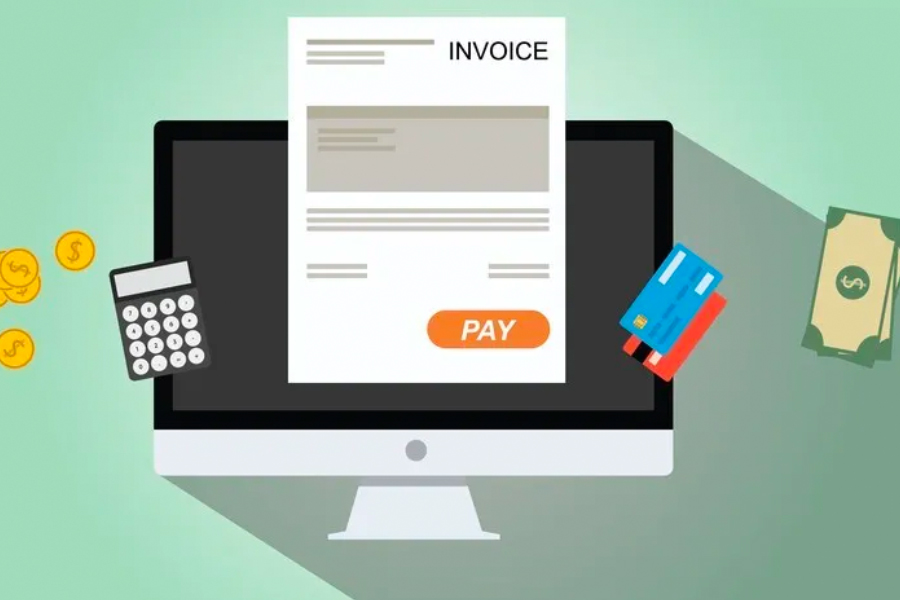When you think about the Consumer Price Index (CPI), you might imagine it as some abstract economic indicator that doesn’t really touch your everyday life. But here’s the deal: the CPI can have a direct impact on your paycheck and how far it stretches. If you’ve ever wondered why your income doesn’t seem to go as far as it used to, or why your annual raise barely covers your increased grocery bill, you’re not alone. The CPI is at play here, and understanding its role in wage negotiations and labor contracts can empower you to better secure your financial future. Follow these tips from insiders like Kavan Choksi.
What Exactly is the CPI?
Let’s start with a quick refresher. The Consumer Price Index is a measure of the average change over time in the prices paid by urban consumers for a market basket of goods and services. That’s a fancy way of saying the CPI tracks how much more (or less) it costs to live your life compared to a previous period. The CPI includes things like food, rent, medical care, transportation, and more—the basics that we all need to get by.
Now, here’s why it matters to you: Employers, unions, and policymakers often use the CPI as a benchmark for cost-of-living adjustments (COLAs) in wages. If prices are rising—meaning the CPI is going up—your salary should ideally rise too, to help you maintain your standard of living.
CPI and Wage Negotiations: The Fine Print That Matters
When it comes to negotiating your salary, whether you’re starting a new job or seeking a raise, understanding how the CPI works can give you a critical advantage. Many employers factor in the CPI when determining annual raises or bonuses. However, they might not always pass on the full amount of inflationary increases to you.
Here’s the truth: If your annual raise doesn’t at least match the increase in the CPI, you’re effectively taking a pay cut in terms of purchasing power. Let that sink in for a moment. Even if your paycheck is technically getting bigger, it’s not really worth more if everything around you is getting more expensive. What can you do about it?
- Know Your Numbers: Before entering any salary negotiation, arm yourself with the facts. Research the current CPI and understand how much it has increased over the past year. This information is publicly available and can be a powerful tool in your negotiations. When you ask for a raise, you’re not just asking for more money—you’re asking to maintain the value of your earnings in the face of rising costs.
- Make the Case: Use the CPI to justify your request for a raise. Explain to your employer that you’re asking for an increase that reflects the rising cost of living. You’re not being greedy—you’re being practical. A smart employer will understand that maintaining employee morale and productivity often means keeping wages in line with inflation.
- Consider the Long Game: If you’re negotiating a multi-year contract, whether through a union or individually, consider including a clause that ties future wage increases to the CPI. This way, your salary automatically adjusts with inflation, protecting your purchasing power over time. It’s a way of future-proofing your income against the inevitable rise in costs.
In the end, financial independence is about more than just making money—it’s about making sure your money works for you, even as the world changes. By staying informed and assertive in your wage negotiations, you can ensure that your financial future remains on track, no matter what the CPI throws your way.













